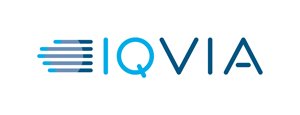
Joanne M. Hackett is the Head of Genomic and Precision Medicine at IQVIA and previously was the Chief Commercial Officer at Genomics England.
Dr Hackett is a clinical academic, entrepreneur, investor, and a strategic, creative visionair with global experience spanning successful start-ups to Fortune 500 companies. Aside from her curious passion for life and positivity, Joanne is known for building innovation, driving personalised medicine and leading through fast paced, complex changing ecosystems and integrations. Joanne’s goal is to contribute in bringing the world novel, cost effective and simple health care solutions, and she is particularly keen on building the case for prevention, open science and citizen genomics. She has extensive global experience across academic, business and clinical institutions, and enjoys sharing her experiences with the Boards she sits on as well as companies she provides strategic advice to.
Joanne has been publicly recognised for her relentless pursuit of revolutionising healthcare and has been named one of the top six Influential Leaders in Healthcare by CIO Look, the Accenture Life Science Leader of the year, Freshfields Top 100 Most Influential Women, One HealthTech Top 70 Women in the NHS, Pharmaceutical Market Europe’s 30 women leaders in UK healthcare and BioBeat Top 50 Women in Biotech Award. Joanne believes in human courage and perseverance against the odds, and demonstrates that positive change, whether in a company or in one’s personal life, can be carved out from even the greatest of trials. As a believer of ‘health = wealth’, Joanne is an internationally known yoga instructor.





